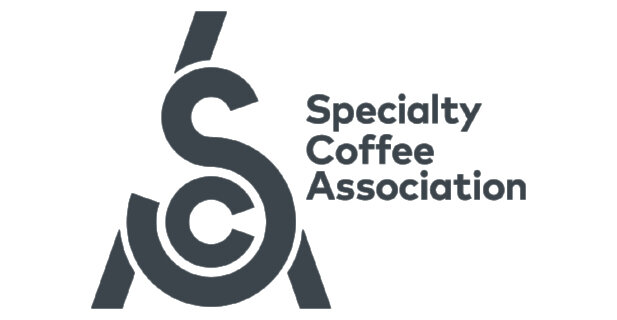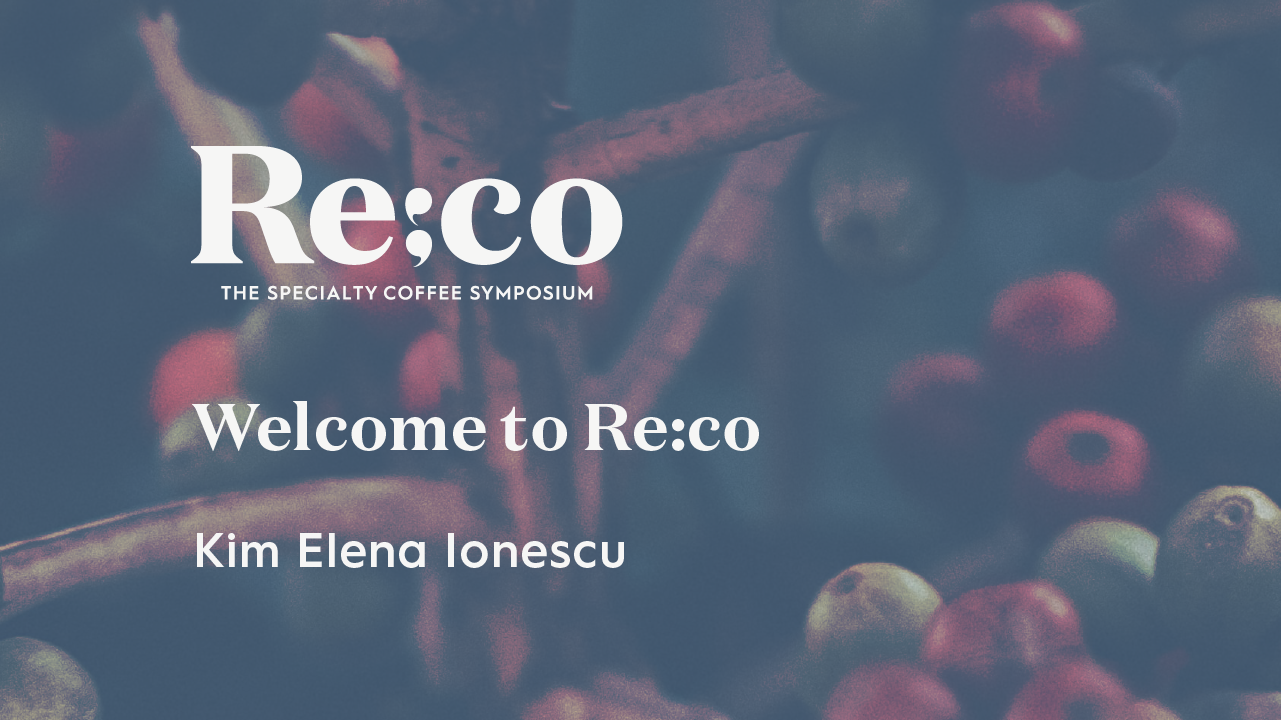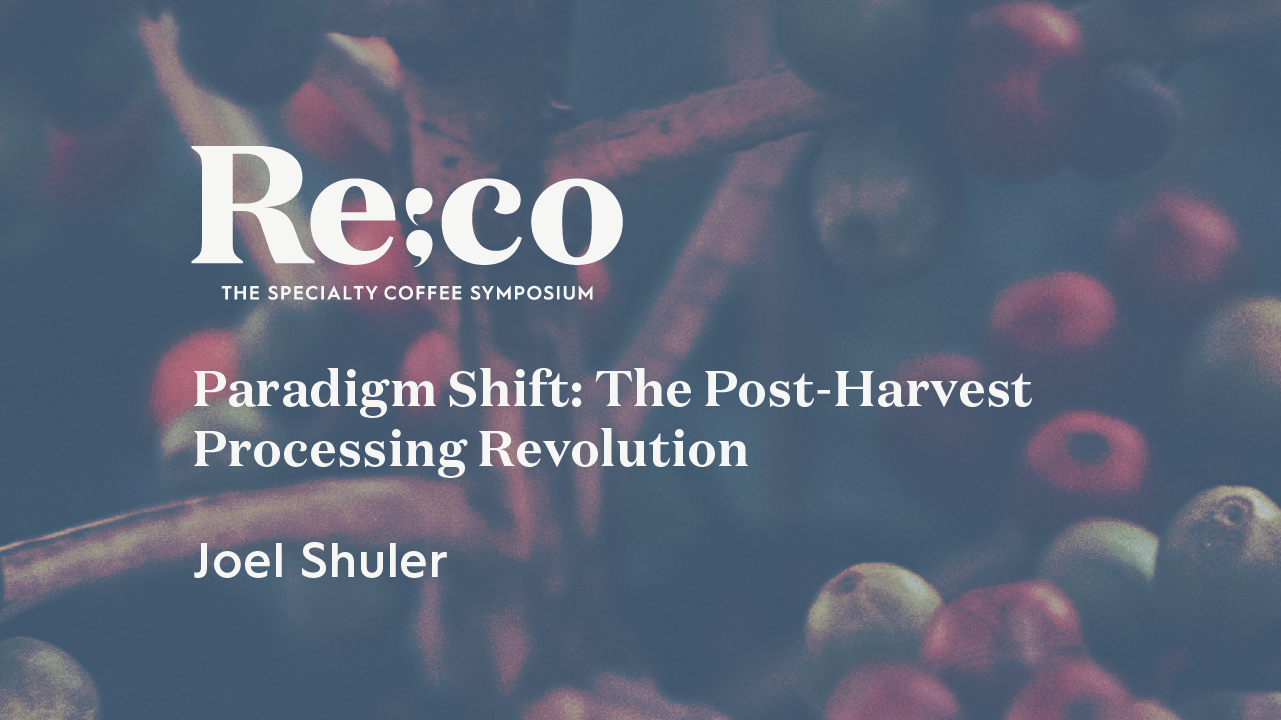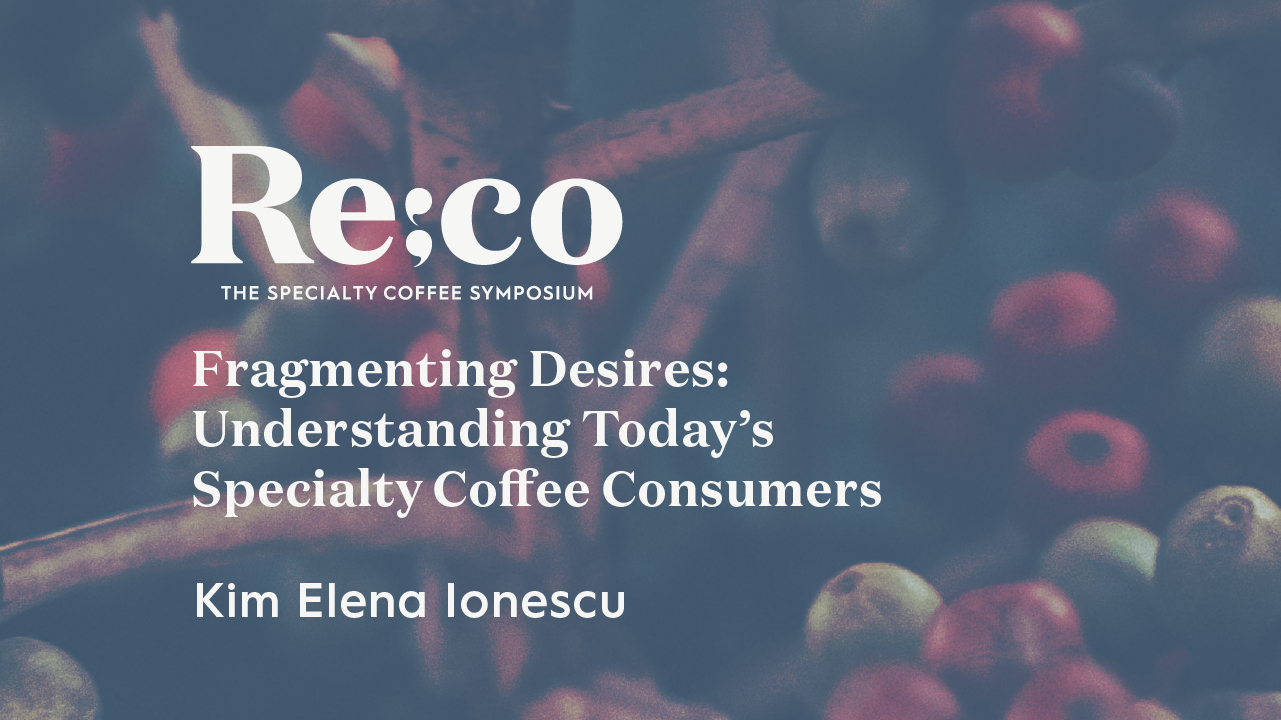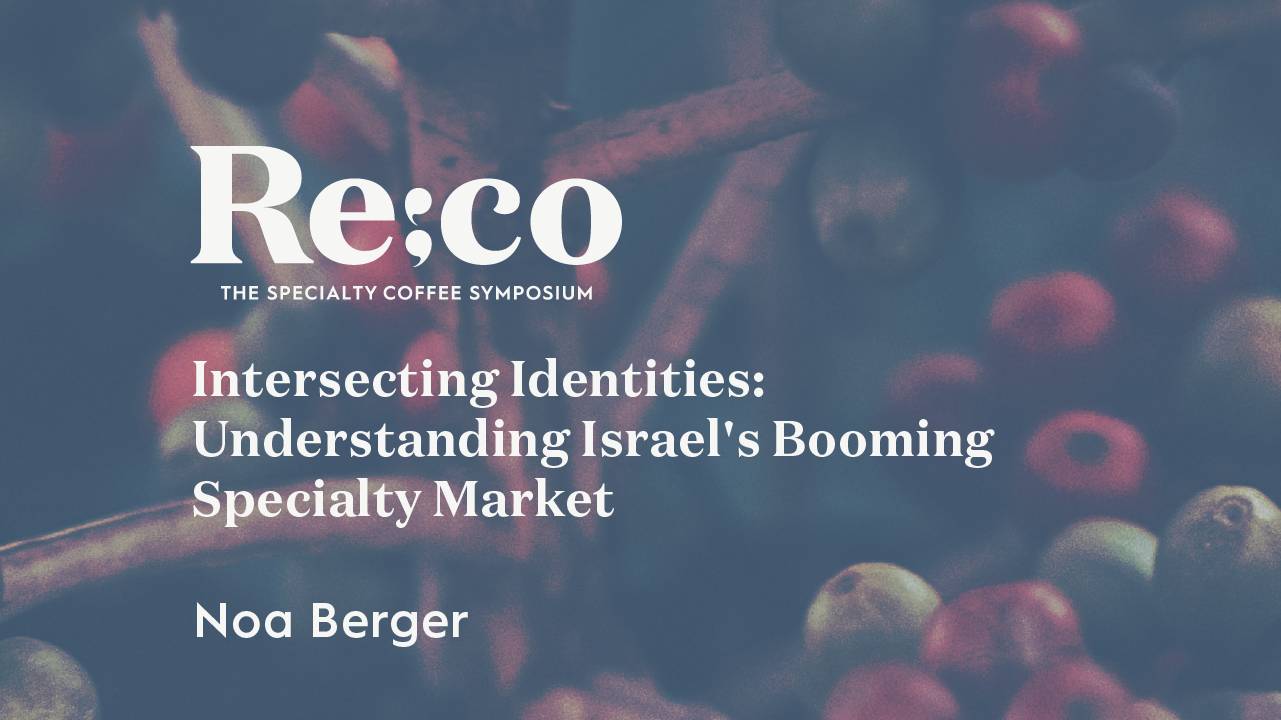The nomination stage is closed and five candidates have accepted their nominations. This means we have an uncontested election for SCA Czech Republic!
Read MoreWe're back with another season of All-Stars Online, featuring six top-ranking competitors from the World Coffee Championships! Get to know some of the best competitive coffee makers in the world each week on the WCC YouTube channel — hear about their journey to the world stage, what they've done since, and learn how to make one of their signature beverages.
Read MoreAs presented to SCA members on August 31, the SCA Board of Directors, led by President Juan Luis Barrios, nominated a group of eight professionals from a pool of dozens who responded to our annual call for nominations made in June. As the number of candidates this year is equal to the number of open seats, there is no need to proceed with a voting process, and the SCA Board has confirmed the eight professionals listed below as members of the SCA Board of Directors, in accordance with Section 7.4(h) of the SCA Bylaws.
Read MoreUndoubtedly, a high degree of obsession is required for engineering better coffee grinders in the pursuit of making coffee better. Re-engineering, tweaking, and testing with the objective of product improvement and optimization is the only road to the elusive grinding utopia. As with all great journeys the path is windy and long, and progress is realized in years, not days or months.
Read MoreExhibitor and visitor registration is now open for the 2023 World of Coffee Dubai taking place January 11-13, 2023 at the Dubai World Trade Center in the United Arab Emirates.
Read MoreOn a very basic level, we all know that our present actions are the seeds of our future—but it can be easy to forget the exact steps you took to get to where you are, unless you deliberately stop to mentally retrace them.
Read MoreToday’s SCA Cupping Protocol and the SCA Cupping Form are among the most used tools of the coffee industry, applied daily by thousands of people around the world, serving actors across coffee’s vast and complex value-generating system.
Read MoreOriginating in the early 2000s as an acronym to capture non-financial areas connected to business performance, the term ESG—short for “environmental, social, and governance”—has become significantly more visible over time. While the term now appears in mainstream outlets more often than it did a decade ago, many people are still unclear on what it really means, how it differs from or aligns with sustainability, and its potential relevance for their own organizations. KELLEM EMANUELE offers an ESG primer tailored for the coffee industry.
Read MoreThe word “sustainability” is everywhere, but do we really know—or agree on—what it means? Professor SARAH GRANT explains why, despite its difficulty, understanding “sustainability” as a framework is a worthwhile endeavor, especially in understanding culturally relative perspectives and the power relations inherent in the promotion of sustainable coffee.
Read MoreDr. JORGE BERNY and Dr. MARIO FERNÁNDEZ-ALDUENDA share initial results of a collaborative study examining how cuppers cup and exploring the potential impacts of a proposed component of the reengineered cupping protocol.
Read MoreProfessors CARLOS CARPIO, PhD and LUIS SANDOVAL, PhD worked with BRENDA MAMANI, MSc to ask: what are the living wages in El Salvador and Honduras, and how would current total costs and profitability of coffee production be affected if farmworkers were paid living wages?
Read MoreAssistant Professor CHRISTOPHER H. HENDON shares the theory underpinning an ongoing Coffee Science Foundation research project, supported by Simonelli Group, toward deepening our understanding of espresso extraction.
Read MoreCorresponding author MATEUS MANFRIN ARTÊNCIO shares the findings of a recent paper, “A Cup of Black Coffee with GI, please! Evidence of Geographical Indication Influence on a Coffee Tasting Experiment,” published in Physiology & Behavior, confirming the significant influence an extrinsic attribute like a geographical indication has on consumers’ tasting.
Read MoreIn late 2018, scientists rediscovered Coffea stenophylla— a species unrelated to either Arabica or robusta—in the wild in Sierra Leone, and later confirmed century-old reports of its high cup quality.
Read MoreOver the past 30 years, the concurrent internet-led waves of coffee and globalization have had a profound impact on our coffee consumption habits.
Read MoreWhile the use of wild coffees is still years away from commercialization, another coffee species already makes up 40% of coffee's global production: Coffea robusta.
Read MoreIn the face of climate change and advances in technology, what is “specialty coffee”?
Read MoreThe current coffee processing revolution offers us means to improve the live of coffee growers and processors not just through direct product improvement, but through a new, powerful narrative that can drive more respect, and value, back to producers.
Read MoreAs more consumers come to the coffee-laden table, our collective preferences haven’t just shifted; they’ve fragmented.
Read MoreMake a quick list of the countries you know are experiencing exponential growth of coffee consumption and a blossoming specialty coffee scene: does it include Israel? If not, it should.
Read More